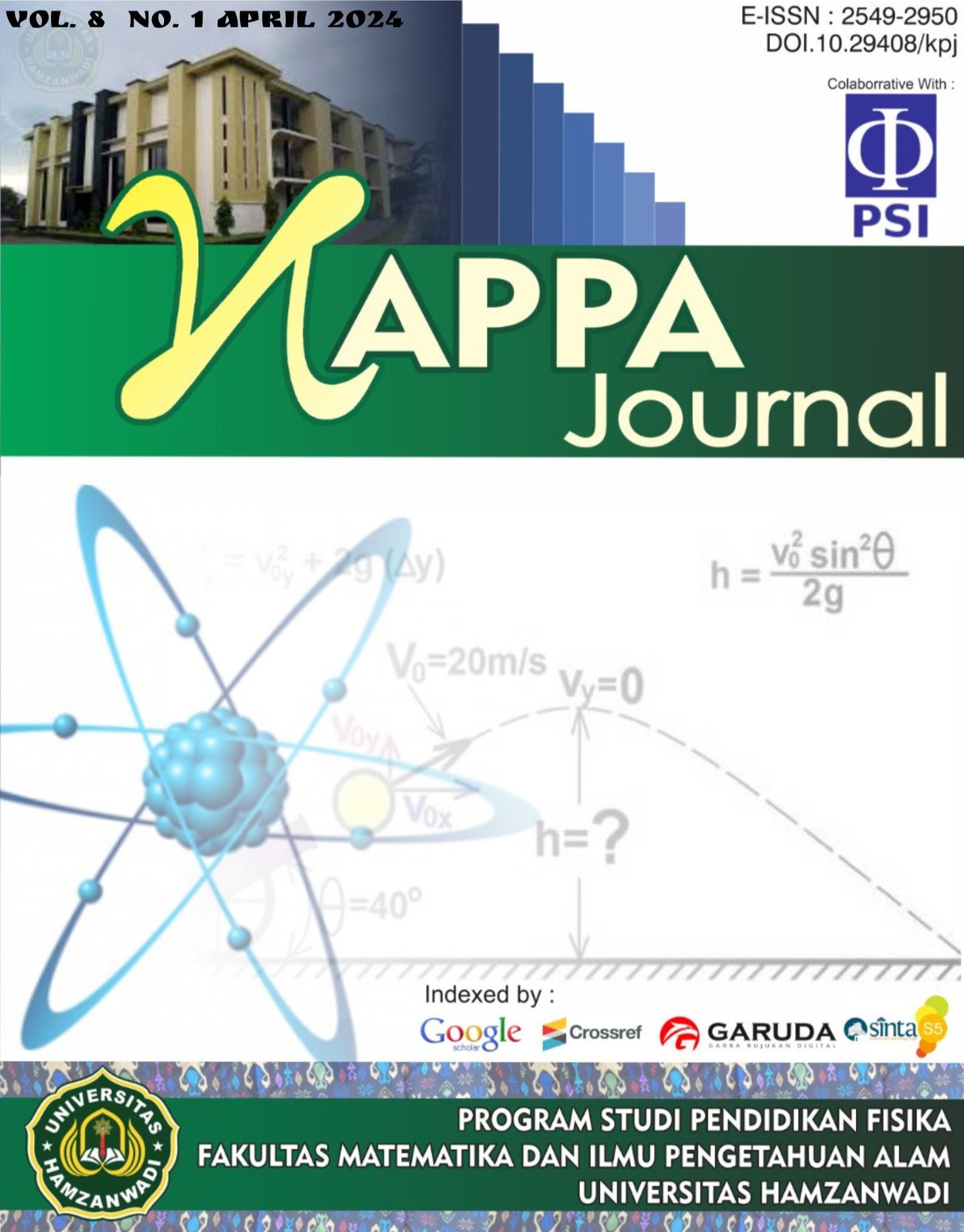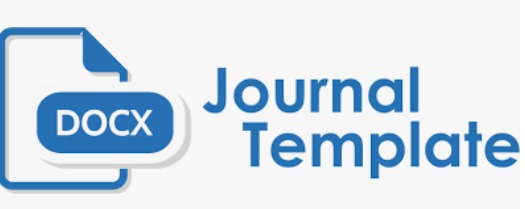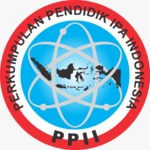Expert Validation of Ethnoscience-Based Teaching Materials to Develop Student Competence in Critical Thinking and Caring Attitudes
DOI:
https://doi.org/10.29408/kpj.v8i1.25656Keywords:
teaching materials, ethnoscience, critical thinking, caring attitudeAbstract
The aim of this research is to describe the results of expert validation of ethnoscience-based teaching materials to develop student competence in critical thinking and caring attitudes. Expert validation in this research is part of the development of ethnoscience-based teaching materials to develop student competence in critical thinking and caring attitudes using the 4D model. This model includes stages, namely Define, Design, Develop, Disseminate so that it will produce ethnoscience-based teaching materials that are valid, practical and effective in developing students' competence in critical thinking and caring attitudes. Expert validation is included in the Develop stage. Validation of ethnoscience-based teaching materials to develop students' competence in critical thinking and caring attitudes was carried out by 3 experts, namely material experts, media experts and language experts. The research results show that the assessment from material experts is 96.7, media experts are 90.5, and language experts are 100. Thus, the average value of expert validation assessments is 95.7, including the Very Valid criteria. The product, in the form of ethnoscience-based teaching materials to develop students' competence in critical thinking and caring attitudes, was revised based on input from validators. The results of product revisions before and after validation are divided into 5 things, namely: 1) Adding indicators and numbering to Basic Competencies; 2) Improvements to tables that were previously scanned from source or reference books were revised by creating tables manually. The table has also been assigned a sequential number; 3) Addition of photos and videos related to ethnoscience; 4) Ethnoscience-based investigative activities; 5) Changes in the appearance and form of the formative tests available at the end of each chapter.
References
Busyairi, A., Harjono, A., A, S., Taufiq, M., Ardhuha, J., & Hasan, Y. (2023). Development of Physics Learning Tools Based on the STEM-Creative Problem Solving Model to Increase Students’ Scientific Literacy and Creativity. Kappa Journal, 7(3), 443–450. https://doi.org/10.29408/kpj.v7i3.24197
Chai, C. S., Rahmawati, Y., & Jong, M. S. Y. (2020). Indonesian science, mathematics, and engineering preservice teachers’ experiences in stem-tpack design-based learning. Sustainability (Switzerland), 12(21), 1–14. https://doi.org/10.3390/su12219050
Cihad, Ş. (2021). Effects of the blended learning model on preservice teachers ’ academic achievements and twenty-first century skills. Education and Information Technologies, 26, 35–48.
Feka, M. G., Donuata, P. B., & Koten, F. P. N. (2023). Pengembangan Komik Fisika Materi Kemagnetan Sebagai Media Pembelajaran Siswa SMPN 1 Maumere. Kappa Journal, 7(3), 438–442. https://doi.org/10.29408/kpj.v7i3.21226
Hikmawati, & Suastra, I. W. (2023). Local wisdom-based learning to develop student’s creativity in high school physics studies course. AIP Conference Proceedings, 2619(1), 90016. https://doi.org/10.1063/5.0122572
Hikmawati, Suastra, I. W., & Pujani, N. M. (2021). Local wisdom in Lombok island with the potential of ethnoscience for the development of learning models in junior high school. Journal of Physics: Conference Series, 1816(1). https://doi.org/10.1088/1742-6596/1816/1/012105
Hikmawati, Suastra, I. W., Suma, K., & Sudiatmika, A. A. I. A. R. (2024). Online lectures with local wisdom context: efforts to develop students’ higher-order thinking skills. International Journal of Evaluation and Research in Education , 13(2), 943–941. https://doi.org/10.11591/ijere.v13i2.25744
Hikmawati, & Sutajaya, I. M. (2021). Science learning based on the sasak tribe tradition to develop student entrepreneurial attitudes. Jurnal Ilmiah Profesi Pendidikan, 6(3), 360–366. https://doi.org/10.29303/jipp.v6i3.222
Ismatulloh, K., Kholiso, Y. N., Arianti, B. D. D., & Ropikoh, R. (2023). Analisis Implementasi Si Black Berbasis Android Sebagai Upaya Peningkatan Prestasi Belajar Fisika. Kappa Journal, 7(3), 411–415. https://doi.org/10.29408/kpj.v7i3.24196
Khoeriah, I. A., Permana, I., & Pursitasari, I. D. (2023). STEM-AR Based Ecology and Biodiversity E-book Development for Increasing Students’ Scientific Reasoning. Jurnal Penelitian Pendidikan IPA, 9(10), 8837–8845. https://doi.org/10.29303/jppipa.v9i10.5214
Likert, R. (1932). “Technique for the Measurement of Attitudes, A.” In Archiver of Psychology. https://doi.org/10.4135/9781412961288.n454
Mohamad, S., & Husnin, H. (2023). Teachers’ Perception of the Use of Augmented Reality (AR) Modules in Teaching and Learning. International Journal of Academic Research in Business and Social Sciences, 13(9), 9–34. https://doi.org/10.6007/ijarbss/v13-i9/18319
Nurhayati, E., Andayani, Y., Hakim, A., Mataram, U., Studi, P., Kimia, P., Mataram, U., Barat, N. T., & Semmel, S. (2021). Development of Stem-Based Chemical E-Modules with Etnoscience Approach. Chemistry Education Practice, 4(2), 106–112. https://doi.org/10.29303/cep.v4i2.2768
Nurpatri, Y., Maielfi, D., Indrawati, E. S., Widya, W., & Yusmanila, Y. (2023). Analisis Kebutuhan Pengembangan Modul Pembelajaran Fisika Materi Lapisan Bumi Terintegrasi Mitigasi Bencana Berbasis Kearifan Lokal. Kappa Journal, 7(3), 451–457. https://doi.org/10.29408/kpj.v7i3.24312
Plomp, T., & Nieveen, N. (2010). An Introduction to Educational Design Research.
Puspita Hadi, W., Hidayati, Y., & Rosidi, I. (2020). Respon Guru Ipa Terhadap Pembelajaran Ipa Berintegrasi Etnosains: Studi Pendahuluan Di Kabupaten Bangkalan. LENSA (Lentera Sains): Jurnal Pendidikan IPA, 10(1), 46–53. https://doi.org/10.24929/lensa.v10i1.92
Putra, A. E., Jufrida, J., Pathoni, H., & Basuki, F. R. (2021). The Design of Local Wisdom-Based Science Learning on Pressure Materials in Junior High School. Journal of Science Education Research, 5(2), 28–33. https://doi.org/10.21831/jser.v5i2.43505
Solihudin, T. (2018). Pengembangan E-Modul Berbasis Web Untuk Meningkatkan Pencapaian Kompetensi Pengetahuan Fisika Pada Materi Listrik Statis Dan Dinamis Sma. WaPFi (Wahana Pendidikan Fisika), 3(2), 51. https://doi.org/10.17509/wapfi.v3i2.13731
Suprapto, N., Prahani, B. K., & Cheng, T. H. (2021). Indonesian Curriculum Reform in Policy and Local Wisdom: Perspectives from Science Education. Jurnal Pendidikan IPA Indonesia, 10(1), 69–80. https://doi.org/10.15294/jpii.v10i1.28438
Syahidi, K., Jufri, A. W., Doyan, A., Kosim, K., Rokhmat, J., & Sukarso, A. (2023). Penguatan Literasi Sains dan Pendidikan Karakter pada Pembelajaran IPA Abad 21. Kappa Journal, 7(3), 538–542. https://doi.org/10.29408/kpj.v7i3.25036
Thiagarajan, S., Semmel, D. S., & Semmel, M. I. (1974). Instructional development for training teachers of exceptional children: A sourcebook. In Indiana University. https://doi.org/10.1016/0022-4405(76)90066-2
Utami, S. D., & Efendi, I. (2018). The Study of Local Wisdom of Ethnic Sasaks In Development of Biology Instructional Learning Program ( P3Bio ) Based on 21 st Century Skills. Advances in Intelligent Systems Research (AISR), Volume 157, 157(Miseic), 114–116.
Utami, S. D., Efendi, I., Dewi, I. N., Ramdani, A., & Suci, I. (2019). Validitas Perangkat Pembelajaran Etnoekologi Masyarakat Suku Sasak Kawasan Taman Nasional Gunung Rinjani. Jurnal Penelitian Pendidikan IPA, 5(2), 240–247. https://doi.org/10.29303/jppipa.v5i2.291
Utari, R., Andayani, Y., Rudyat, L., Savalas, T., Arian, Y., & Anwar, S. (2021). Validity of Ethnoscience Based Chemistry Learning Emphasizing Character Values and Conservation Behavior. Jurnal Penelitian Pendidikan IPA, 7(1), 45–48. https://doi.org/10.29303/jppipa.v7i1.469
Utari, R., Andayani, Y., & Savalas, L. R. T. (2020). PENGEMBANGAN MODUL KIMIA BERBASIS ETNOSAINS DENGAN MENGANGKAT KEBIASAAN PETANI GARAM. Jurnal Pijar Mipa, 15(5), 478–481. https://doi.org/10.29303/jpm.v15i5.2081
Wagiran. (2012). Pengembangan karakter berbasis kearifan lokal Hamemayu Hayuning Bawana (Identifikasi Nilai-Nilai Karakter Berbasis Budaya). Jurnal Pendidikan Karakter, 2(3), 329–339.
Downloads
Published
Issue
Section
License
Copyright (c) 2024 Kappa Journal

This work is licensed under a Creative Commons Attribution-ShareAlike 4.0 International License.
Semua tulisan pada jurnal ini menjadi tanggungjawab penuh penulis. Jurnal Kappa memberikan akses terbuka terhadap siapapun agar informasi dan temuan pada artikel tersebut bermanfaat bagi semua orang. Jurnal Kappa dapat diakses dan diunduh secara gratis, tanpa dipungut biaya, sesuai dengan lisensi creative commons yang digunakan








